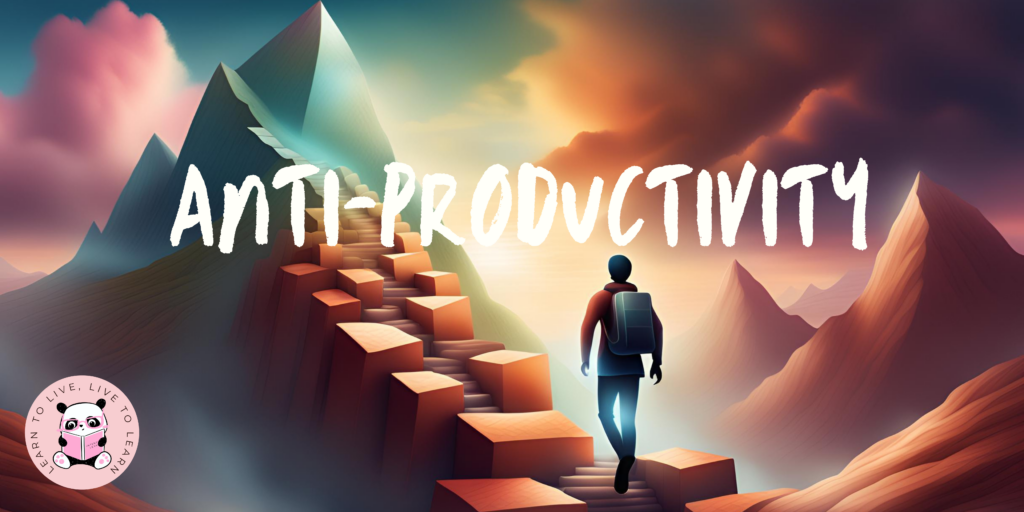Master Contentment Like How You Win A Boss Battle
Written by Michelle Ong |February 2, 2024 | Wellness

Life is often compared to a game, and in this article, we explore strategies for mastering contentment, helping you live a more fulfilled and purposeful life.
Life has its ups and downs—some days are calm, while others bring stress. If you often feel overwhelmed by the everyday grind, finding contentment can seem tough. Much like gaming, where you strategize, learn from mistakes, and level up over time, mastering contentment involves applying insights to real life. While many think contentment and happiness are the same, they are actually different. Contentment is a deeper, steady sense of peace, even when life isn’t perfect, whereas happiness is more fleeting. In this article, I share practical strategies to help you cultivate and sustain contentment in your daily life.
1. Open Your Mind & Accept What Is
“Embrace the beauty of an open mind and the serenity found in accepting what you cannot control; within this acceptance lies the key to unlocking the door to lasting contentment.”
Life constantly shifts between contentment and discontentment, much like the ups and downs of a game where each twist reveals something new. While we can’t predict what’s next, we can control how we react, inviting contentment to stick around longer.
Finding lasting contentment starts with accepting that you don’t need everything to be perfect. Focus on the present and appreciate the little things, like the subtle scent of freshly cut grass during your morning jog or a warm good morning from your coworker. Learn to embrace life’s imperfections and uncertainties, knowing some things are beyond your control.
Life, like a game, has its highs and lows. Instead of clinging to rigid expectations, roll with the punches and see change as an opportunity for growth. Letting go of judgments and forgiving yourself and others are key to finding peace. Challenges, though tough, are chances to learn and grow. Pain, while difficult, often sparks personal development and deeper awareness. By embracing these ups and downs, you will get better at finding contentment in the journey itself.
2. Cultivate Self-awareness & Mindfulness
“Very little is needed to make a happy life; it is all within yourself, in your way of thinking.” – Marcus Aurelius
Use self-awareness as your personal guide, much like knowing your character’s strengths and weaknesses in a game. By understanding your passions, strengths, and limitations, you can make intentional choices that align with your authentic self, leading to a more fulfilling life. When you feel unhappy, self-awareness helps you recognize what’s missing and take action—like finding a shortcut in a game to improve the outcome. It also helps you avoid unrealistic expectations and dissatisfaction.
It’s easy to get caught up with comparing yourself to others, but remember, everyone’s journey is unique. Focus on your own growth. Mindfulness can also help you stay present, allowing you to observe your thoughts and feelings without judgment. Break the cycle of wanting more, and find contentment in the moment.
Take a look at these related posts that dive into why we often chase after more and how integrating Zen principles can help you boost mindfulness and find balance.
3. Goal-Setting & Planning
Think of contentment and discontentment like two sides of a scale. Your goal is to tip it toward more contentment, just like leveling up in a game where each stage teaches you something new. To boost contentment, you can either increase positive experiences or reduce moments of discontent. But it’s easier said than done, especially when things get tough.
Some people confuse contentment with settling, but it’s not the same. You can still have ambition when aligned with your ikigai (meaning in life). Setting meaningful goals meaningful goals that support your ikigai helps focus and make make each step along the way feel fulfilling. But it’s important to enjoy the journey, not just chase outcomes. Even with realistic goals, you can feel overwhelmed if you lack sound planning. So make sure to break down big goals into smaller steps to prevent burnout, just like pacing yourself in a game.
When learning a new language, I set small goals like mastering basic vocabulary or watching short videos, rather than stressing about fluency. Apps like Duolingo may have limits, but they’re helpful for getting started and staying motivated, especially when learning feels like a fun game with mini-rewards along the way.
For example, when I wanted to learn a new language, instead of stressing about fluency, I set smaller goals like learning basic vocabulary or having a simple conversation. Just like completing mini-quests in a game, celebrating these small wins gives me a sense of accomplishment and keeps me motivated on the journey.
Check out these related posts on discovering your ikigai, setting personal goals, and learning about goal-setting pitfalls, principles and methods to help you get started.
4. Integrate Self-care In Your Lifestyle
We often forget to care for our physical and mental well-being while juggling life’s commitments. But prioritizing self-care is like using a health potion in a game—it recharges you and reminds you to take a break. While it may seem like self-care takes time away from responsibilities, neglecting it can lead to burnout. Simple acts like a morning jog or reading a good book bring joy and reduce stress. Set healthy boundaries to protect your time for these activities, helping you maintain balance and tip the scale toward contentment.
For tips on managing stress and ideas on how to unwind, check out my posts.
5. Practice Gratitude
I used to believe that “more” was the key to happiness, shaped by societal pressures to always chase after the next thing. But after learning from philosophical teachings and self-care resources, I realized that true wealth isn’t about having more—it’s about appreciating what you already have.
Practicing gratitude shows that peace and fulfillment come from within. It helps shift your focus from what’s missing to the small blessings in daily life, fostering a positive and abundant mindset, and finding joy in the present while still pursuing your goals. Making gratitude a regular habit, whether through acknowledging acts of kindness or reflecting on simple pleasures like sharing a laugh with loved ones or a relaxing evening stroll, brings contentment that doesn’t rely on big achievements or rare moments of happiness.
For me, meditation and journaling have been helpful in this journey. Writing down what I’m grateful for has invited more peace and fulfillment into my life. If you’re curious about my journaling experience, check out this post, and to explore how Japanese philosophy can guide you in practicing gratitude, you might enjoy this post.
6. Share Joy
“Sharing joy is the lantern that brightens not just your path but illuminates the journeys of others, creating a tapestry of happiness that enriches the soul and elevates the collective spirit.”
I used to overlook how important sharing joy is, but I’ve realized it brings real contentment. Now, I’m making it a point to do it more. Sharing joy can be as simple as spending time with loved ones, enjoying a meal together, expressing gratitude, or celebrating achievements together. These moments not only create happiness but also strengthen connections. Supporting others, even with a kind word or just being there, builds a positive community and brings a deep sense of fulfillment.
Welcome Abundance Into Your Life
Embracing these mindsets unlocks your potential for lasting contentment, helping you tackle life’s challenges like a true boss. By following these principles, you build resilience, manage discontent more effectively, and cultivate long-term contentment.
You may like to check out these related posts on task organization and time management to help you make room for what truly matters.
If you have gotten value from this article, please like & share it with others!


